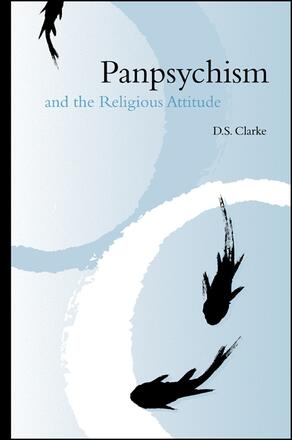
Panpsychism and the Religious Attitude
Alternative formats available from:
Defends panpsychism, the view that mentality is present in all natural bodies with unified and persisting organization.
Description
Human beings have thoughts, sensations, and feelings and think that at least some of this mental life is shared with domestic and wild animals. But, are there reduced degrees of mentality found in mosquitoes, bacteria, and even more primitive natural bodies? Panpsychists think so and have defended this belief throughout the history of philosophy, beginning with the ancient Greeks and continuing into the present. In this bold, challenging book, D. S. Clarke outlines reasons for accepting panpsychism and defends the doctrine against its critics. He proposes it as an alternative to the mechanistic materialism and humanism that dominate present-day philosophy.
D. S. Clarke is Professor Emeritus of Philosophy at Southern Illinois University at Carbondale. He is the author of many books including Philosophy's Second Revolution: Early and Recent Analytic Philosophy.